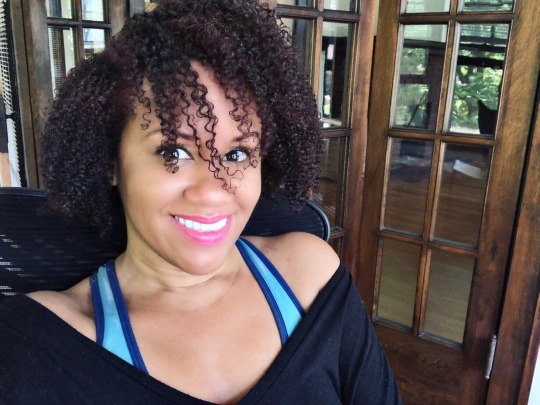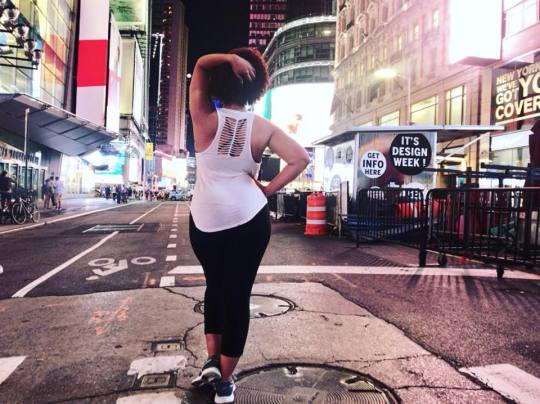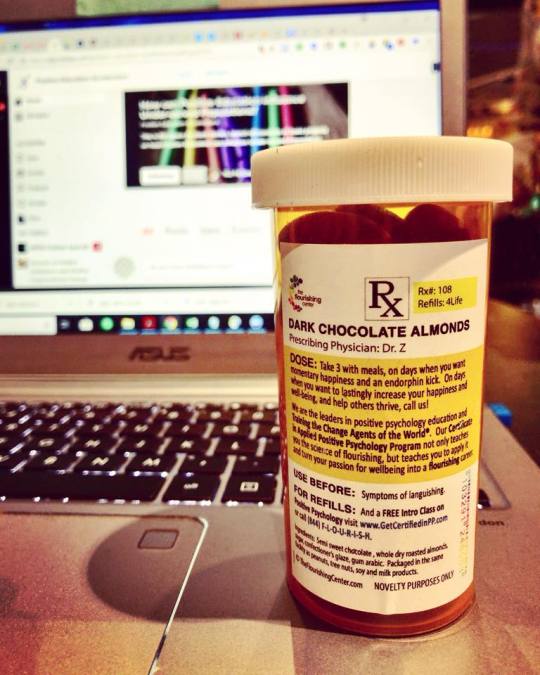#PhDJourney PhDStudent PhDGrind AfroLatina SurvivingVsThriving Transitions
Text
What is “Inclusion”?
That question was the focus of this year’s Gender and Diversity in Organizations (GDO) Plenary at the Academy of Management (AoM).
Modupe Akinola, PhD, an Associate Professor of Management at Columbia Business School, said inclusion is: “Feeling like I can be myself and people are curious about my story.” Further, that “inclusion” is when people are not just curious about her identity but also about WHO she is and WHAT makes her who she is.
Derek R. Avery, PhD, the David C. Darnell Presidential Chair in Principled Leadership at Wake Forest University, said that inclusion is “when you can be exactly who you are and it’s OK.”
Other scholars shared insights on inclusion that I’ll touch on in future posts. I recorded the session so that I could cite them in my future work!
But first...under Modupe and Derek’s conceptualization of “inclusion,” let me introduce myself:
My identity:
I am an Afro-Latina, PhD student in organizational behavior, executive/life coach, entrepreneur, dancer, licensed Zumba instructor, traveler, and survivor. I’m from NYC and the daughter of 2 Central American immigrants.
WHO am I?
Hi! My name is Samantha and I am proudly multidimensional.
WHAT makes me who I am?
All of my life experiences these past 43 years.
Yes, I’m 43.

I started my PhD Journey at the age of 41 after 20 years of progressively advancing in nonprofit organizations doing fundraising and communications work on behalf of causes that I care about.
...after 10 years of teaching and performing Latin dance on stages around the world.
...after 2 bachelors degrees and 2 masters degrees.
...after several heartbreaks.
...after 2 near-death experiences.
...and after lots of world travel, including many visits to Costa Rica, where my mother is from, and Panama, where my father was from. He passed away but he was pretty awful during his lifetime (that’s a story for another post). My father’s awfulness & other grown men’s awfulness during my childhood led me to pursue the academic and professional experiences that shaped who I am today.
MY EDUCATION:
My undergraduate degrees are in Psychology and Women’s Studies. My 1st master's degree—was in Women’s History, which I earned in 2 years while working full-time. My 2nd master's degree was in Nonprofit Management. I earned that in 2.5 years while working full-time in an extremely demanding role. Toxic work environments led me to pursue training and certification in life/executive coaching. Now, I am pursuing a PhD in Organizational Behavior.
MY WORK:
I started working at nonprofit organizations during my undergraduate years. Besides the Help Center on my campus, where I volunteered for 3 years, my first off-campus job was an internship at a domestic violence shelter.
Immediately after college, I worked at a civil rights organization, a homeless shelter for women, and a reproductive health clinic.
I worked at feminist organizations for a while but although they espoused diversity values, their lack of a racial analysis or an intersectionality framework in practice is what led me to move on to racial/social/reproductive justice organizations.
My experiences advancing in those organizations is what led me to explore what “leadership” looked and felt like via additional education, workshops, books, blogs, conferences, etc.
Now--I am specifically interested in how people can thrive, not only survive, and I’m both fascinated and saddened by toxic workplaces...as well as by Jeffrey Pfeffer’s book, Dying For a Paycheck.
I study whiteness--not as a skin color but as a phenomenon of power and dominance. I also study thriving/flourishing, allyship, women’s leadership, courage/fragility, rage, love, intersectionality, CEOs, nonprofits, and philanthropy.

MY PASSION:
I have been dancing all of my life. As a kid, I also did gymnastics and cheerleading.
After graduating from undergrad, I also started dancing, teaching, and performing Latin dance around the world. I did that for 10 years until injuries and my intellectual curiosities channeled my attention back to nonprofit organizations and to my first master's degree.

MY DEFINING MOMENTS:
I had my 1st health scare in 2012: blood clots had traveled to both of my lungs from my left leg (a “pulmonary embolism”) but I had NO CLUE that was happening. All I knew was that it felt as though I was having a heart attack. I was hospitalized for a week but then put on blood thinners + watched over by doctors (and my guardian angels) for several years.
That was my 1st wake-up call.
I had been dancing all of my life but stopped and let the “work grind” take over my life. I had been relatively healthy all of my life, so I took my health/wellness/life/blood circulation for granted. My spirit and all of the cells in my body rebelled against me.
After that experience, I was so freaked out that I might die at any moment that I decided to pursue things on my bucket list, including more education and world travels...especially solo world travels, which freaked my doctors AND my Madrina (“godmother” in Spanish) out.
I had my 2nd health scare last year during the 1st year of my PhD Journey...a 2nd pulmonary embolism. You would have thought I had learned my lesson about the pitfalls of sedentary work life the 1st time around, right? 🤦🏽♀️ Now I am on blood thinners in perpetuity and more concerned about LIVING (literally staying alive) than I am meeting others’ conceptualizations of “success” in this “publish or perish” academic culture.
I bring all of the above into my PhD Journey, which is why so many of my social media posts are about wellness, self-care, and a #FitPhDJourney.
It’s not that I don’t “grind.” Folks only see the moments when I take a break to capture my life. Not when I’m interviewing research participants for my qualifying paper, analyzing data for my research fellowship, writing papers under huge looming deadlines, coaching clients, working on consulting projects, or laying on my couch depressed and unable to leave my apartment for entire weekends (yes, even coaches are HUMAN).

How do I deal with the stress of this PhD journey?
I try to find moments of peace, joy, and community. Those moments look different for all of us but for me, dance, travel, and adventures have always been my go-to stress relievers. And, since I recently decided to become a licensed Zumba instructor as an act of survival, I also post a lot about Zumba. 💃🏽 I’m aware that my mere existence in this world is resistance to what Max Weber described as the “iron cage” and what Barker & Thompkins described as “concertive control.”

So, circling back to the question of “What is Inclusion?” as I wrap up this very long post...
If we agree with Modupe and Derek’s definition of inclusion (and we should...BUT I will also share other scholars’ insights on other elements of “inclusion” in future posts, which may resonate in other ways with you), then I have questions for you:
Taking intersectionality into account when understanding the multidimensional nature of oppression, what are the implications for mentoring [PhD] students who have various racial, ethnic, gender, family, nationality, professional, academic, and life experiences?
How do we support [PhD] students in their various journeys in ways that challenge them and prepare them for the future THEY want without putting them in the aforementioned “iron cage” of “concertive control”?
If culture and socialization work as unconscious filters shaping our perceptions, how do you engage in reflexivity and mentor people who may or may not look like you...and may or may not want to BE like you “when they grow up” even though you’re amazing?
More to come on “inclusion” in future posts…
xoxo,
Samantha
1 note
·
View note